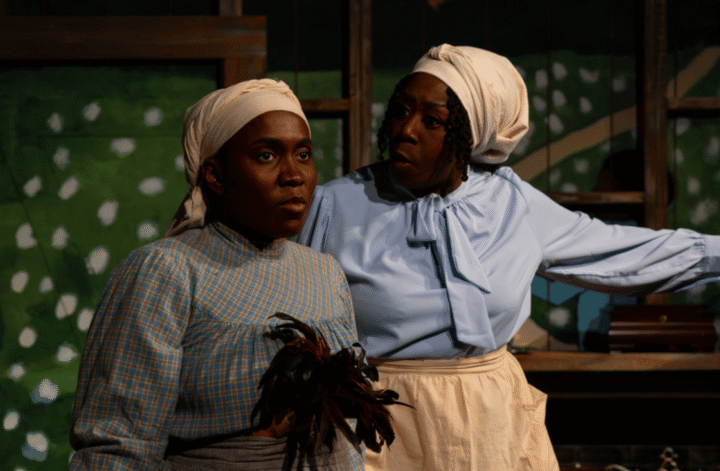A Glimpse Into Our Theatregoing Future At Dramaworks ‘New Year New Play’ Festival
Bridget Callinan
Bridget received her BS degree in Media Communication Studies, with a Hospitality minor, at Florida State University. Other than growing up as a performer, it was at Florida State where Bridget discovered her passion for arts and entertainment. Holding multiple jobs throughout her college career, Bridget gained the confidence and skills needed to succeed in the entertainment industry, especially within the theatre realm.

